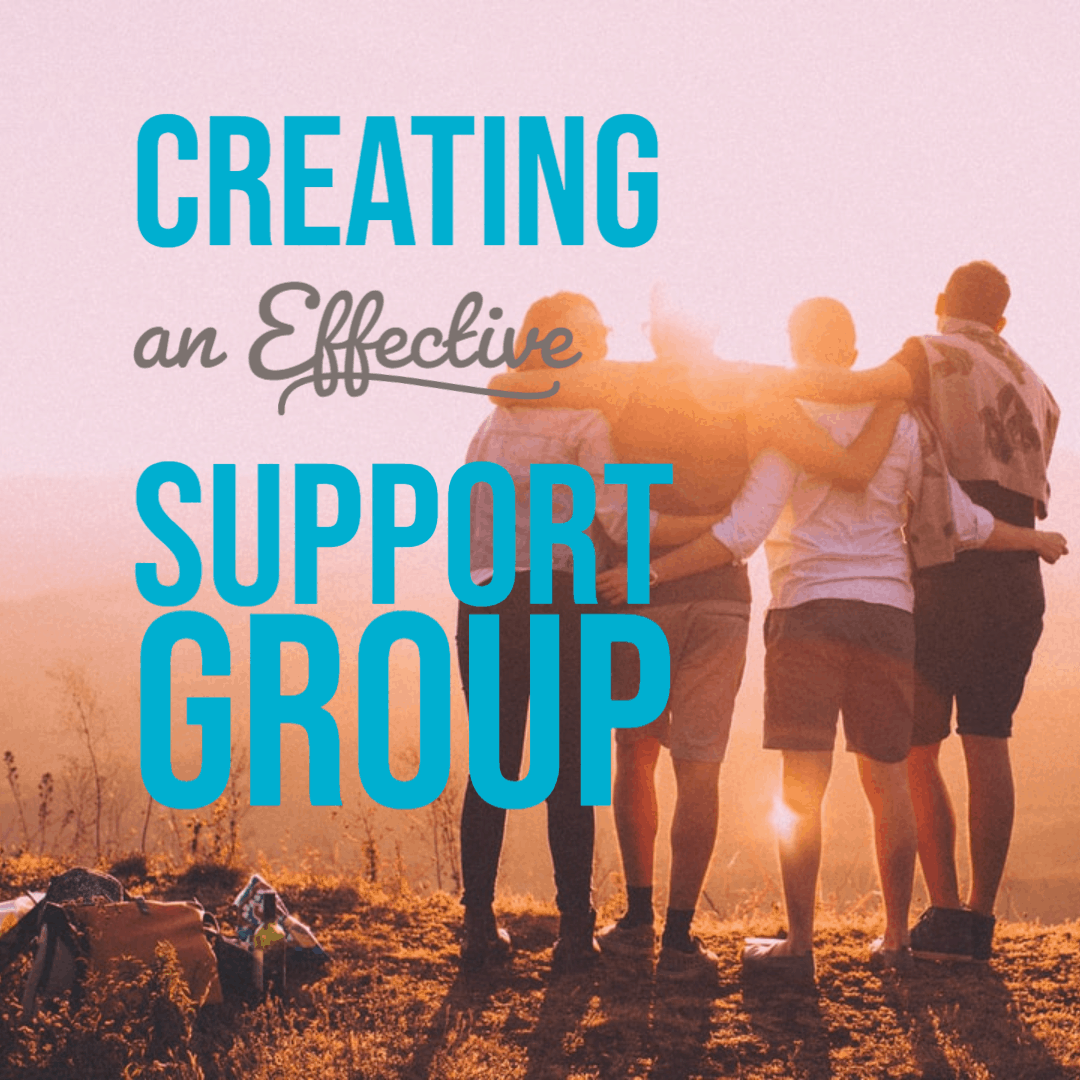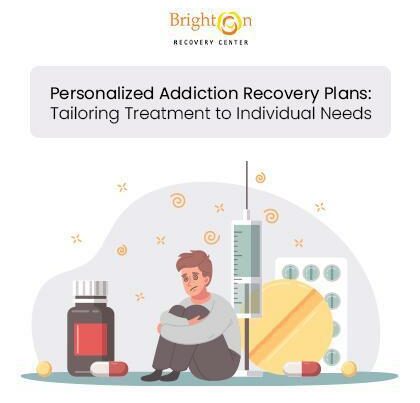Creating an Effective Support Group

The prospect of group therapy can be a daunting wall for some people seeking therapy for their addictions. It can be difficult to meet new people in a vulnerable state. So as someone seeks help for their addiction, the group that they open up to is very important in framing the entirety of their recovery. A support group needs to be, first and foremost, supportive through the process and inviting to the person for the recovery to be effective, all with the goal of integrating into a comfortable, nurturing environment.
Recognizing the Goal
Group therapy exists with two main goals in mind: comfortability and openness. Both working to beget a judgment-free, understanding environment. For the person seeking help with recovering from their addiction, keeping these goals in mind is key. Going to group therapy is the first bit of agency that someone can take over their own path to recovery, and if someone believes that a certain group is not the right one for them to feel comfortable and open, then they have the choice to re-evaluate the group itself, and even search for a new group if needed.
Inside the Group
The internal workings of each group takes some time to get used to, so take that time and use it. An effective group champions a set of commonalities, both in the experience of addicting and the recovery process, as well as beyond. People are not defined by addiction, and finding further commonalities or shared interests can accentuate the helpfulness of the group setting. Each person is in attendance for some reason, but each is also still a unique person with unique trials and strengths.
Challenging the Individual
The reason that feeling comfortable and open all leads to the idea of each member of the group being able to challenge each other in a safe environment. Each person will have a unique take and perspective on their experience, as well as slightly different ways to cope with parts of the recovery process. Every person in the group needs to be able to share these viewpoints, both for themselves and for others.
Vocalizing their perspective is therapeutic in its own right, and others can each learn from the experience all at the same time. Openness and comfortability offer an individual both the initial chance to share their opinions but also create a much-needed space where they can then experience a different kind of vulnerability. One where they can challenge their own thoughts and perspective with those of their peers. New ideas, mindsets, perspectives, even hobbies, and coping mechanisms can all be instilled in a passive way for a group that has successfully recognized the goals.
The Individual in the Group
The purpose of the group, then, is to collect people from all kinds of mindsets, stages in recovery, and future plans to create the most holistic version of the recovery process as possible. Creating an open group like this can take time, but it all leads towards empowering the single individual in their journey through recovery. Having gleaned perspective, felt comfortable in challenging their own minds and concepts, the individual then can redefine what their own goals are, as well as the best strategies to get there for them specifically.
In a group, people come together with the idea of success in mind, but each successful recovery is, in the end, a result of the individual. A group instills the sense of community needed to combat isolation, instill a sense of forgiveness, and a judgment-free space to experience all the emotions that come with the addiction recovery process, and a set of new techniques and skills to challenge themselves. Using the group, each individual can gain the necessary skills to solve their problems on their own, all while having the safety net of a nurturing environment and supportive professionals and peers.
Processing the Process
Having utilized an effective group and the skills therein, one has already taken major steps in their recovery and reintegration processes. Successful group therapy forces someone to think of the other, vocalize their own thoughts and feelings, contemplate alternatives, all in the path of eliminating the feelings of isolation that commonly come with the addiction process. It is a sense of agency that helps one set their own path to their own success.
The group that one works alongside in the recovery process has effects that reach far beyond the bounds of the room the meetings take place in. Creating and cultivating that group experience is essential in getting the best footing for long, sustained sobriety. In a successful group, each person has chosen each other person there for their unique perspective, and that sense of community and belonging paves the way for all different kinds of future successes.
The sense of community in a group setting is paramount in recovery. If you are suffering from addiction and are looking for that supportive space to begin the recovery process, contact Brighton Recovery Center today. Championing the community environment in recovery, the professional staff are prepared to cater to the needs of each individual in order to create the best recovery environment possible. A large campus with all kinds of activities available ensures that there is a place for anyone to feel like they belong, and a community waiting to welcome them. With programs available at all stages of recovery, contact Brighton to take that first step, or get that extra push along the way. Call today at 1-844-479-7053.



